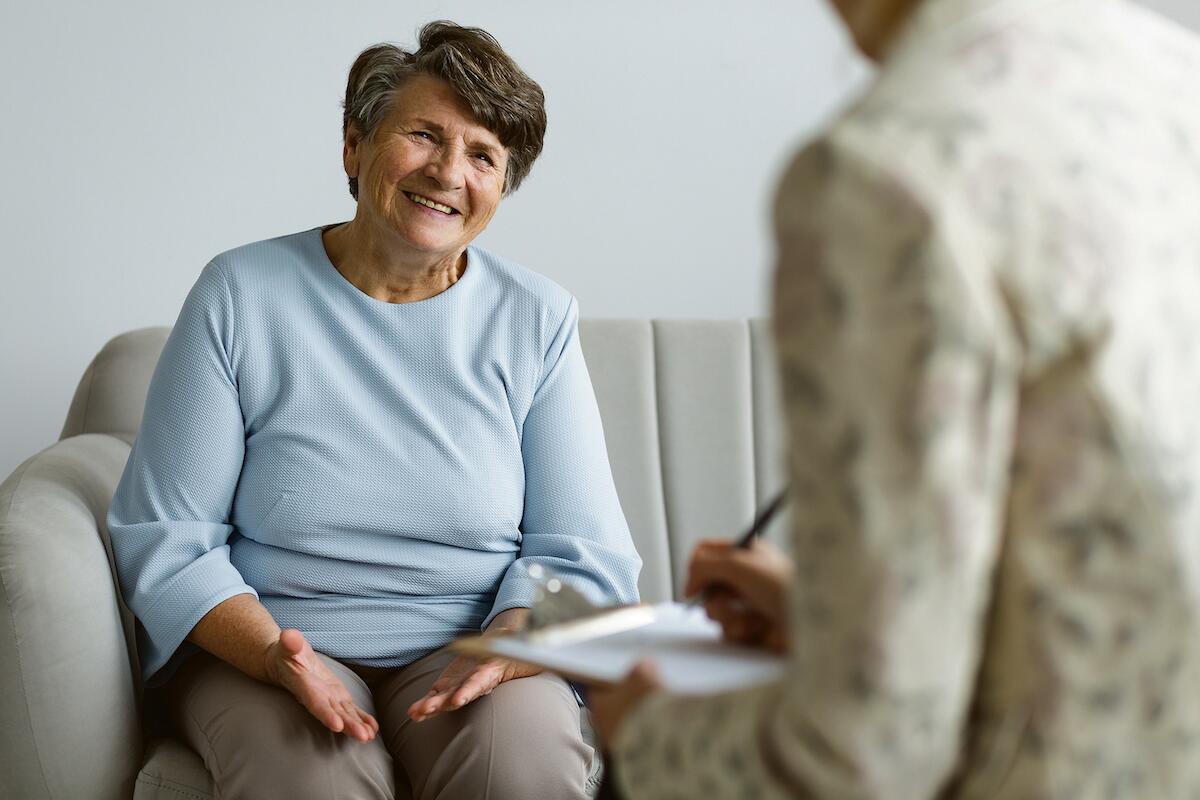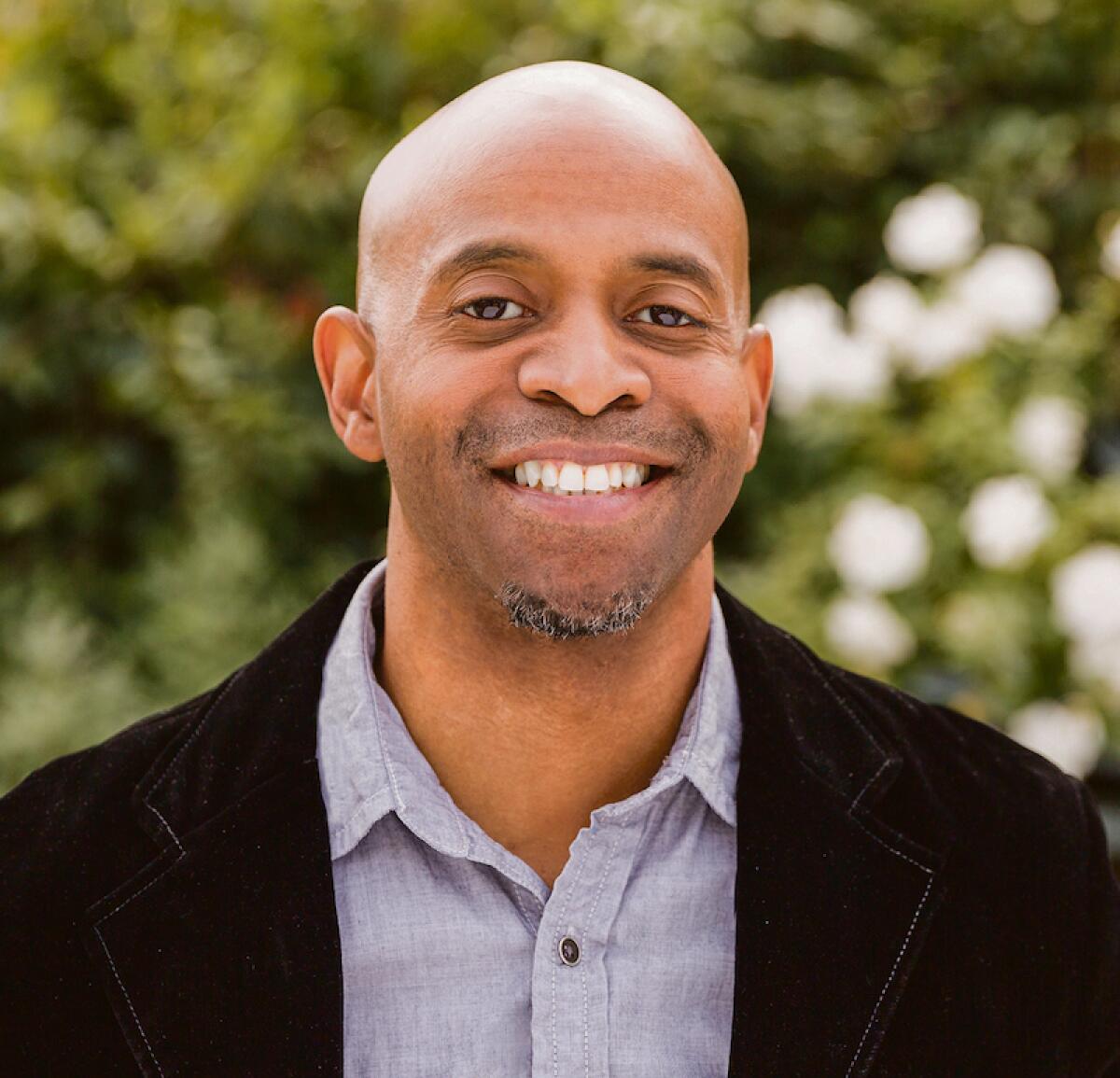A Partnership for Wellness: Seniors Have Optum and its Partners to Help

Loneliness and Isolation Can Impact Overall Senior Health – A Caring Medical Group is an Ally
- Share via
Dr. Preedar Oreggio, regional medical director for Optum, wants Southern California’s senior population to know they are not alone.
It’s a deceptively simple message that underscores a key tenant of aging-older people become increasingly susceptible to emotional or mental issues as they age. The path of life often leads to isolation, a feeling of lack of purpose or utility and increasing physical limitations. These factors can increase emotional instability and, says Dr. Oreggio, can bring a troubling total health picture.

“Mental and physical wellness should not be distinct from each other,” Dr. Oreggio said. “They are part of the same continuum, in that one absolutely impacts the other-and we tend to undervalue one at the expense of the other.”
This can be amplified in senior populations, who spent many years of their young lives with limited exposure to the importance of mental health. In many cases, stigma stemming from a “stiff upper lip” attitude of compartmentalizing emotion leads people to ignore deteriorating conditions. This was especially true during the lockdown period of COVID-19, said Dr. Oreggio. “Seniors had limited access to health care, and then we saw the downstream impact on their mental health, that subpopulation tends not to seek out mental health support because of generational issues or social stigma.”
The result, said Dr. Oreggio, was an outsized set of patients dealing with deleterious issues related to mental health and wellness. This can lead not only to feelings of isolation, loneliness, or lack of purpose, but can compound existing physical health problems or create new ones.
The solution, he says, is a back-to-basics approach to mental health: Cultivate community and find purpose. “It’s really hard for people to connect,” he said. “Sometimes it’s easier to connect with folks in your community, where you see a need for help. Seniors in particular take a lot of those volunteer roles at places in their community. It’s a daily thing, but it gives them a sense of purpose.”
In addition to interacting with neighbors, Dr. Oreggio recommends staying in touch with family, friends and other important people utilizing the technology that COVID-19 made everyone experts in, like video conferencing, text messaging, playing games online or in-person, or even an old-fashioned phone call.
The result is an upgraded sense of self and place, which invariably leads to better health. While these actionable steps can improve lives, medical intervention for emotional wellness can also be an important part of feeling better. Optum, which operates medical offices throughout the Southland, has created a mental health and wellness approach unique in its utilization of partnerships, often with community organizations like Wider Circle, a neighborhood-based outreach group that aids the community in wellness and health.
The reasoning, says Dr. Oreggio, is to gain insight and offer specific opportunities for Southern California’s diverse cultures and socioeconomically varied populations who are new to their health system.
“When a new senior patient hasn’t seen anyone yet, we have a nurse practitioner call and offer to go out and visit them,” he said. “The clinician could sign the patient up for programs with partners such as Wider Circle.”
Generally, providers doing this outreach have backgrounds in social work or community action and are experts in the areas they serve, knowing cultural nuances, speaking native languages, and understanding the general feel of their neighborhoods. This is among the most important facets of providing the specialized and tailored care that mental health and wellness demand.
With uncertainty still looming around COVID-19 illness and with the facets of how and where we all communicate constantly evolving, Dr. Oreggio says that there are three things every senior should do to refocus and hone their total health picture. “Cultivate community - get around other people. Keep moving. Find a way - whether it’s marching around your house or doing air squats, find some way to move around for 10 to 15 minutes every day. Find ways to eat better, make sure you’re eating enough, and make sure that there’s some variability in your diet.”
With this self care, community support and aid from dedicated medical professionals, seniors everywhere can live longer, healthier, and most importantly more contented lives.